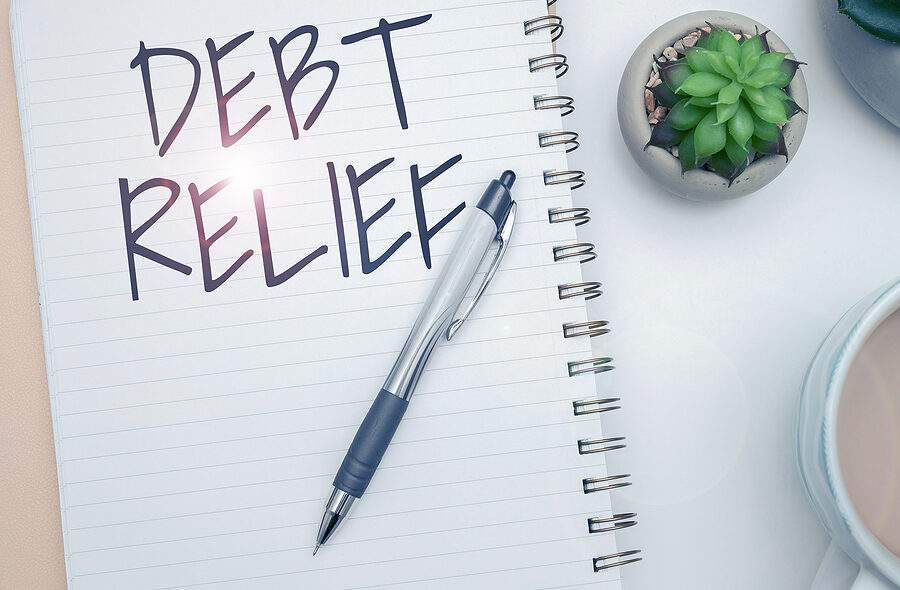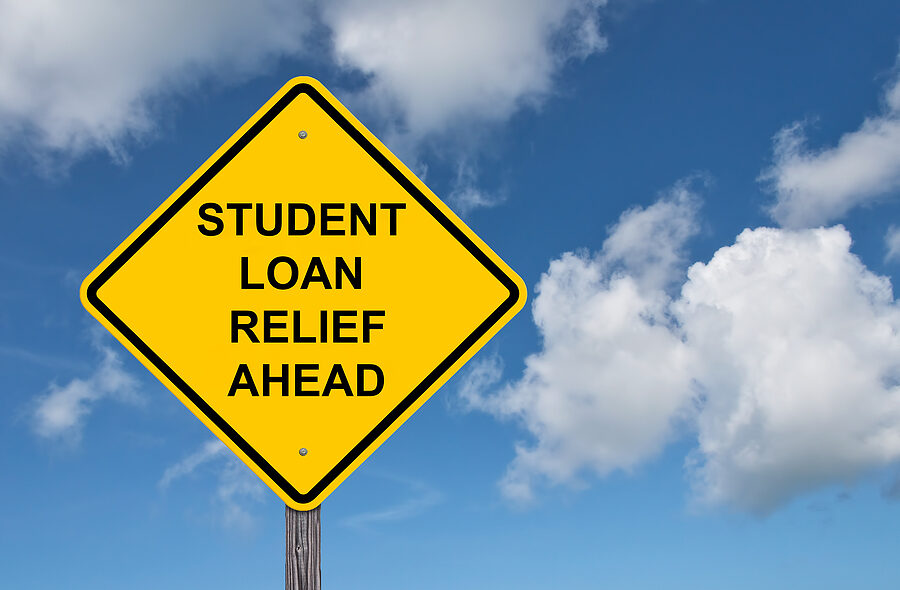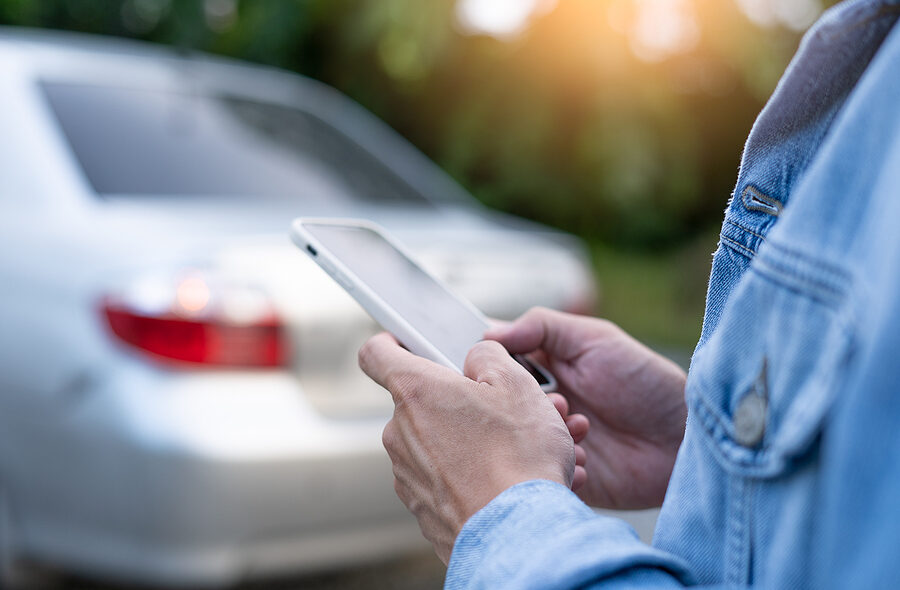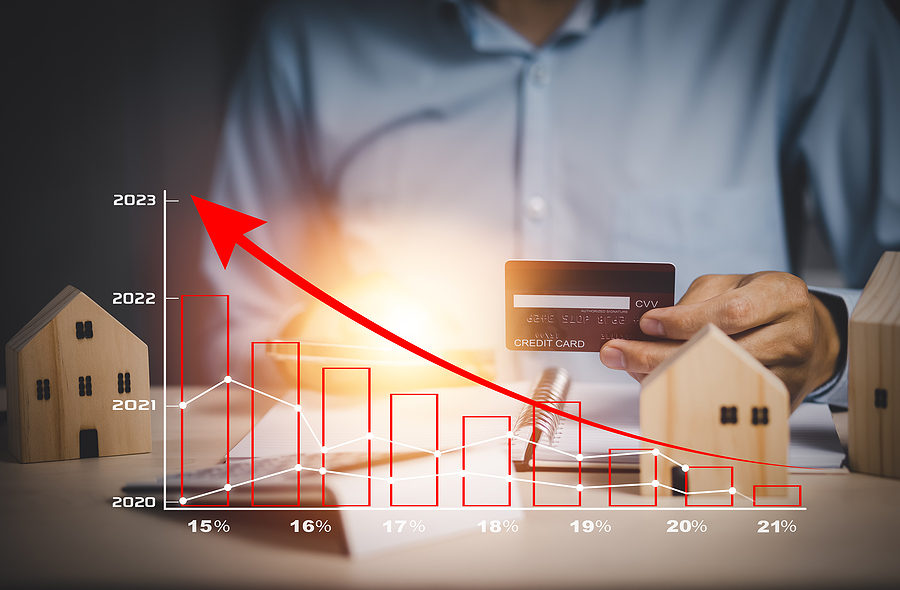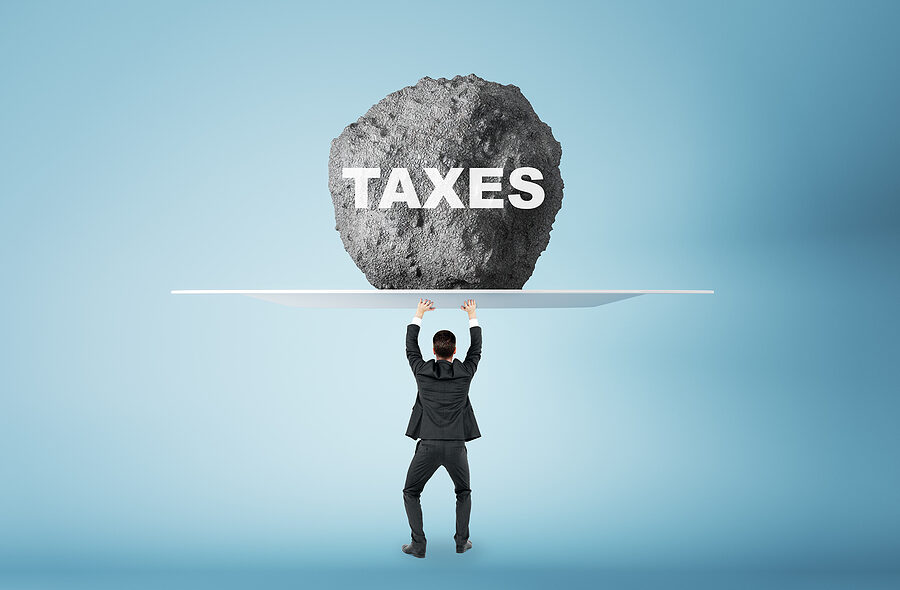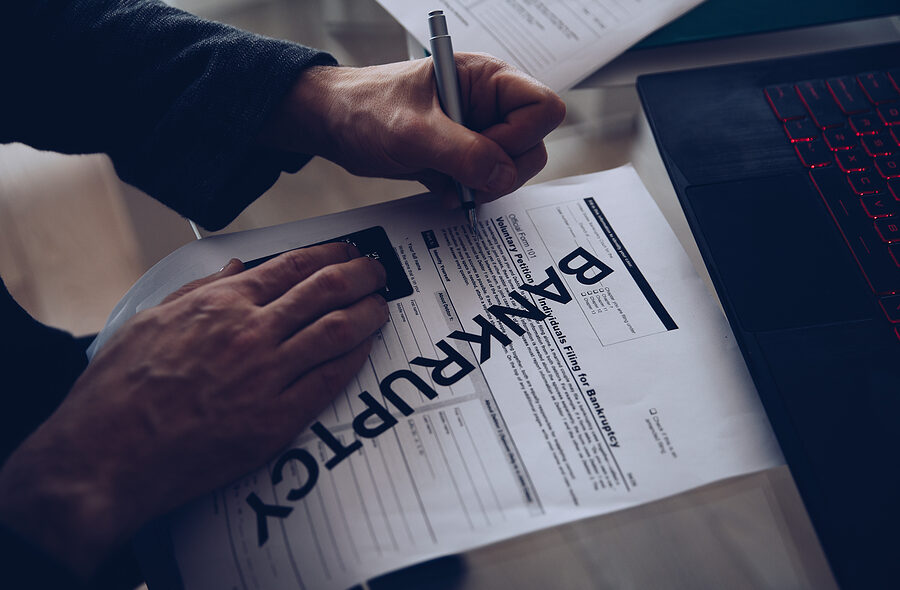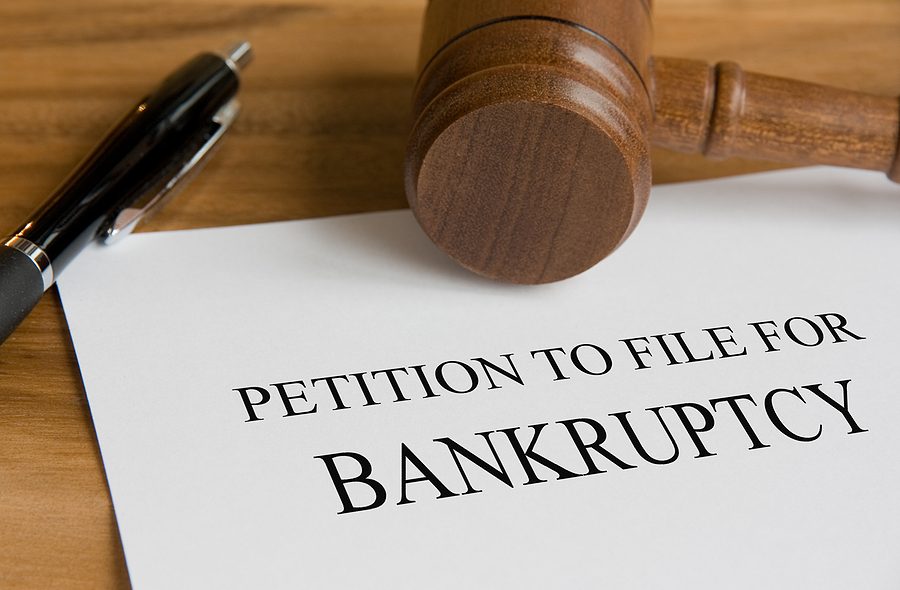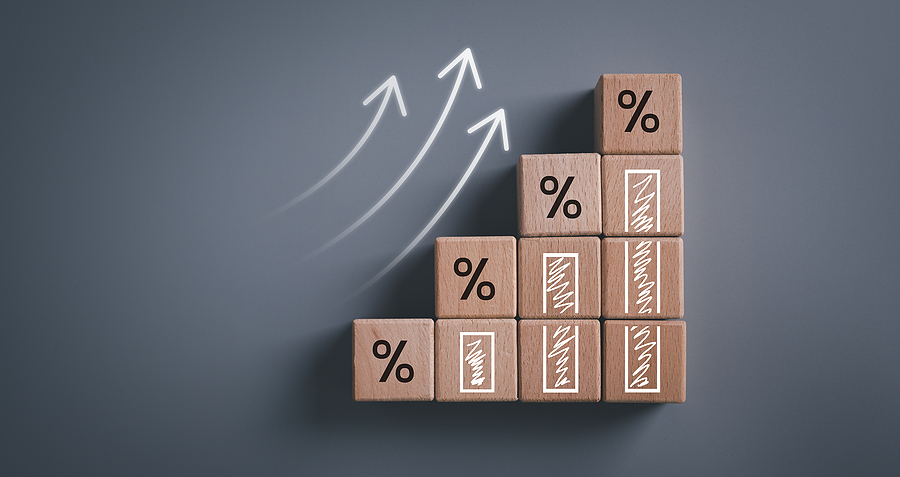The road to having student loans forgiven in a bankruptcy case is certainly not an easy one, which is why so many borrowers forgo pursuing bankruptcy for fear that they will never be able to receive relief from their largest source of stress: their student loan debt. However, all of this could change very soon due to new guidelines issued by the Biden Administration.
In January 2023, the Justice Department updated the required attestation form that borrowers pursuing bankruptcy must complete before being able to seek a bankruptcy discharge of their federal student loan debt. The changes to the form include several modifications, including small changes as to how monthly household income is reported, instructions clarifying when a borrower needs to provide the court with additional information, and new questions looking for information on whether a school closure impacted the borrower’s ability to pay his or her student loans. The changes to guidelines also include more detailed information regarding the borrower’s student loan repayment history, including any consolidations made, deferments, or forbearances.

